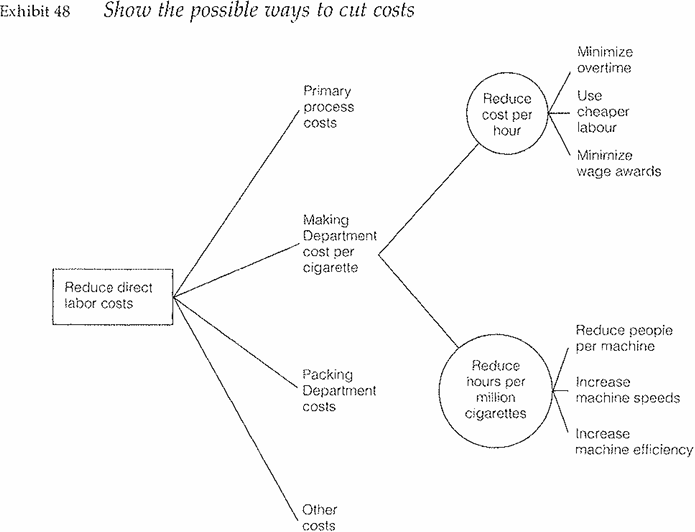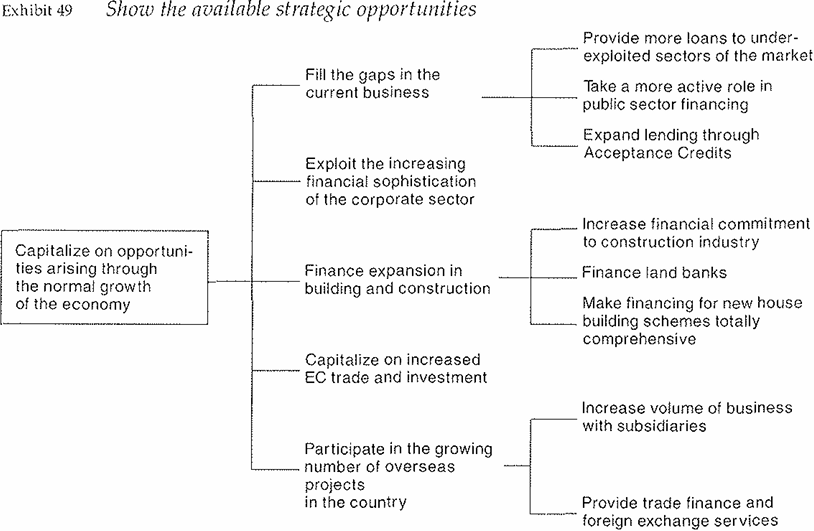

Grammar


Tenses


Present

Present Simple

Present Continuous

Present Perfect

Present Perfect Continuous


Past

Past Continuous

Past Perfect

Past Perfect Continuous

Past Simple


Future

Future Simple

Future Continuous

Future Perfect

Future Perfect Continuous

Passive and Active


Parts Of Speech


Nouns

Countable and uncountable nouns

Verbal nouns

Singular and Plural nouns

Proper nouns

Nouns gender

Nouns definition

Concrete nouns

Abstract nouns

Common nouns

Collective nouns

Definition Of Nouns


Verbs

Stative and dynamic verbs

Finite and nonfinite verbs

To be verbs

Transitive and intransitive verbs

Auxiliary verbs

Modal verbs

Regular and irregular verbs

Action verbs


Adverbs

Relative adverbs

Interrogative adverbs

Adverbs of time

Adverbs of place

Adverbs of reason

Adverbs of quantity

Adverbs of manner

Adverbs of frequency

Adverbs of affirmation


Adjectives

Quantitative adjective

Proper adjective

Possessive adjective

Numeral adjective

Interrogative adjective

Distributive adjective

Descriptive adjective

Demonstrative adjective


Pronouns

Subject pronoun

Relative pronoun

Reflexive pronoun

Reciprocal pronoun

Possessive pronoun

Personal pronoun

Interrogative pronoun

Indefinite pronoun

Emphatic pronoun

Distributive pronoun

Demonstrative pronoun


Pre Position


Preposition by function

Time preposition

Reason preposition

Possession preposition

Place preposition

Phrases preposition

Origin preposition

Measure preposition

Direction preposition

Contrast preposition

Agent preposition


Preposition by construction

Simple preposition

Phrase preposition

Double preposition

Compound preposition


Conjunctions

Subordinating conjunction

Correlative conjunction

Coordinating conjunction

Conjunctive adverbs


Interjections

Express calling interjection


Grammar Rules

Preference

Requests and offers

wishes

Be used to

Some and any

Could have done

Describing people

Giving advices

Possession

Comparative and superlative

Giving Reason

Making Suggestions

Apologizing

Forming questions

Since and for

Directions

Obligation

Adverbials

invitation

Articles

Imaginary condition

Zero conditional

First conditional

Second conditional

Third conditional

Reported speech


Linguistics

Phonetics

Phonology


Semantics


Pragmatics

Linguistics fields

Syntax

Morphology

Semantics

pragmatics

History

Writing

Grammar

Phonetics and Phonology


Reading Comprehension

Elementary

Intermediate

Advanced
Generating Possible Solutions
المؤلف:
BARBARA MINTO
المصدر:
THE MINTO PYRAMID PRINCIPLE
الجزء والصفحة:
157-9
2024-09-26
280
Logic trees allow you to spell out logically possible actions that could be taken to solve a problem. For example, you recall the Task Structure shown in Exhibit 40 on page 146. One of the costs identified as too high was indirect labor.
To determine how the client should go about cutting the cost of his indirect labor, the consultant used a logic tree to make a systematic and logical breakdown of the mutually exclusive and collectively exhaustive possibilities for doing so. Exhibit 48 shows a portion of the tree.

To explain the breakdown in Exhibit 48:
- Break direct labor cost into its elements
Primary Preparation Process
Cigarette Making Department
Packing Department
Other
- Break cost per cigarette into cost per hour and hours per million cigarettes, since

- State the ways cost per hour can be reduced
Reduce overtime
Use cheaper labor
Minimize wage awards
- State the ways hours per million cigarettes can be cut
Reducing people per machine
Increasing machine speeds
Increasing machine efficiency
- Continue to the next level
Once the logical possibilities are laid out in this way, the consultant can calculate the benefit and estimate the risk of taking each action, in order to arrive at the recommended final set of actions.
You can use the same logic tree approach to lay out strategic opportunities. Exhibit 49 explores some of the strategic opportunities for growth in a small European comry, and what would be required to achieve each. Again, you try to be as collectively exhaustive as possible.
